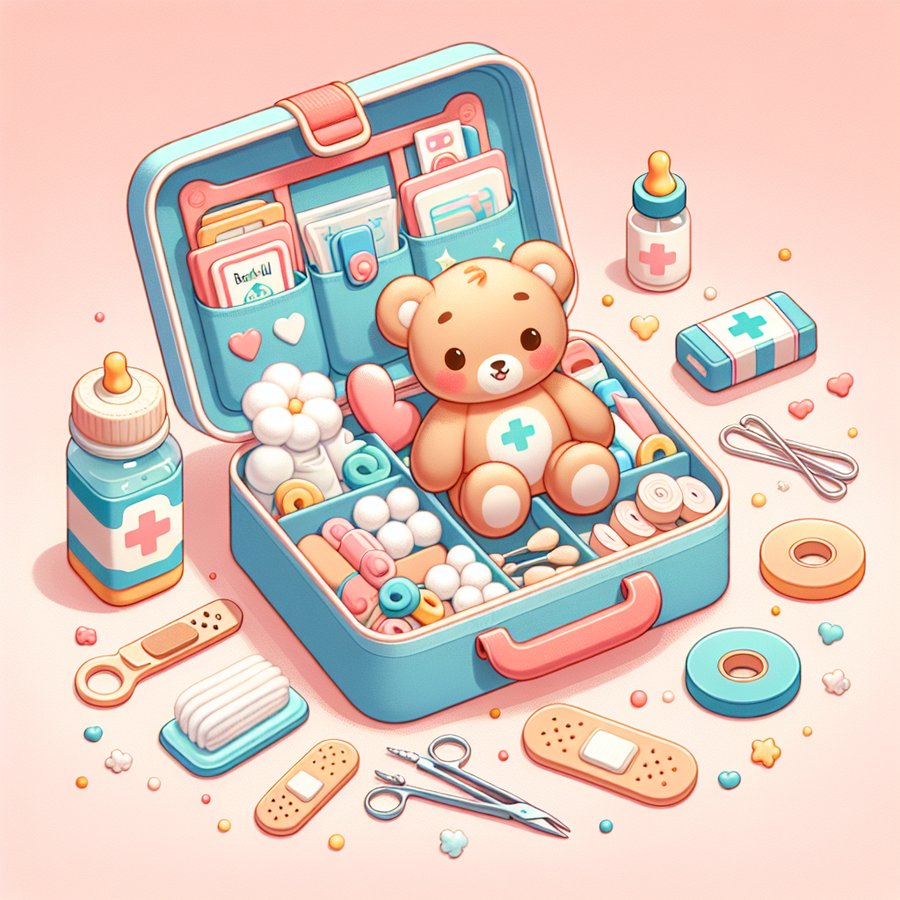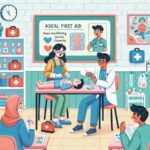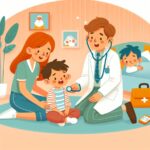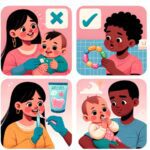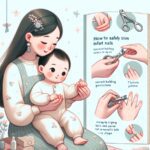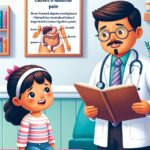Compiling First-aid kit essentials for new parents is more than just a precaution; it’s a critical step in ensuring the health and safety of your newest family member. From treating minor cuts and bruises to addressing sudden fevers, a well-stocked first-aid kit can be your first line of defense in managing common childhood ailments. This guide will walk you through the essential items every new parent should have, offering peace of mind in those unpredictable first months and beyond.
Understanding What Makes a Comprehensive First-aid Kit
At the heart of every first-aid kit essentials for new parents is the understanding that preparation is key. But what exactly should be included in your kit? While the contents may vary slightly depending on personal preferences and specific medical advice from your pediatrician, certain items are universally recognized as must-haves.
First and foremost, a digital thermometer is indispensable for monitoring fevers, a common occurrence in young children. Adhesive bandages in various sizes, antiseptic wipes, and antibiotic ointment cover the basics for minor cuts and scrapes. For those inevitable bumps and bruises, consider including a cold pack. Oral rehydration salts and a medicine measuring spoon are crucial for managing dehydration, especially during bouts of illness. Lastly, don’t forget the tweezers for splinter removal and a pair of safety scissors for trimming bandages and tape.
First-aid Kit Essentials for New Parents: Beyond the Basics
While the basic items form the foundation of your first-aid kit, there are additional items that can further enhance your preparedness. A nasal aspirator, for instance, is a godsend for clearing a baby’s blocked nose, especially since infants cannot blow their noses themselves. For parents of teething babies, gel-based teething rings or a small, clean cloth to bite on can offer some relief. Additionally, including an electrolyte solution can be a lifesaver for rehydration purposes, particularly during episodes of diarrhea or vomiting.
Given the delicate skin of babies, a gentle, hypoallergenic cream for treating diaper rash should also be part of your kit. Furthermore, it’s wise to have a list of emergency contacts readily available, including your pediatrician’s number, local emergency services, and the nearest poison control center. Having easy access to these contacts can significantly reduce stress and response time during an emergency.
Staying Informed: Resources for New Parents
Equipping yourself with a well-stocked first-aid kit is a critical step, but equally important is staying informed about how to use these tools effectively. Understanding essential first-aid skills can empower you to act confidently and calmly in the face of minor emergencies. Moreover, familiarizing yourself with resources such as recognizing signs of food allergies in infants and navigating your baby’s first cold can provide invaluable guidance when you’re unsure of the next steps.
Beyond personal research, consider attending a pediatric first-aid course. Such courses offer hands-on experience and expert advice, covering topics from infant CPR to choking hazards and more. This proactive approach to learning can significantly enhance your ability to respond effectively to your child’s needs.
In conclusion, while we hope never to use them, First-aid kit essentials for new parents are a non-negotiable aspect of parenting. By combining a comprehensive first-aid kit with a solid foundation of knowledge and skills, you can ensure that you’re as prepared as possible for the unexpected. Remember, the goal is not just to respond to emergencies but to do so with confidence and care.
For more insights and detailed guides on baby care and safety, explore our website and stay updated on the best practices for new parents.

